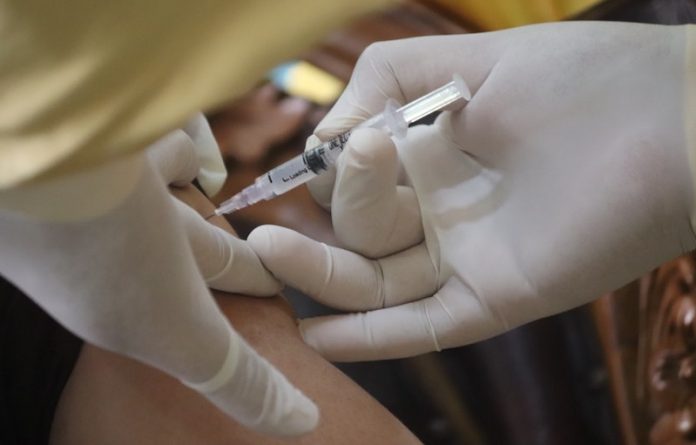
Scientists from the German Primate Center found that “new” omicron subvariants BA.2.12.1, BA.4, and BA.5 are less efficiently blocked by antibodies compared to the “old” omicron subvariants BA.1 and BA.2.
The research is published in The Lancet Infectious Diseases and was conducted by Prerna Arora et al.
The omicron subvariants BA.1 and BA.2 of SARS-CoV-2 have dominated the COVID-19 pandemic in early 2022.
In many countries, these viruses are now outcompeted by emerging subvariants, with BA.5 being responsible for the current uptick of cases in Germany.
In the study, the team found that most of the antibodies available for the treatment of COVID-19 patients do not inhibit BA.2.12.1, BA.4, and BA.5 at all or only inhibit with reduced potency.
They found that out of ten therapeutic antibodies studied only two were able to at least partially inhibit BA.2.12.1, BA.4, and BA.5 and that only one antibody, Bebtelovimab (LY-CoV1404), efficiently blocked infection by all omicron subvariants.
Furthermore, the study showed that the omicron subvariants BA.2.12.1 and especially BA.4 and BA.5 are inhibited worse than their predecessors BA.1 and BA.2 by antibodies generated after vaccination or inoculation followed by infection.
Thus, BA.2.12.1, BA.4, and BA.5 are immune escape variants.
A pass-through infection with “old” omicron subvariants confers only limited protection against infection with “new” subvariants.
The team says new SARS-CoV-2 variants emerge because of errors during viral genome replication.
Thus, the virus acquires mutations that change the viral proteins, including the surface protein, spike, and the central target of the antibody response.
In case the mutations reduce the recognition of the spike protein by antibodies, such variants become more adept at spreading among people with pre-existing immunity due to vaccination or past infection.
The team says it is important to develop new antibodies in order to be prepared for future subvariants.
If you care about COVID, please read studies about why people with blood type O have lower COVID-19 risk, and vitamin D could effectively determine the severity of COVID-19 infection.
For more information about COVID, please see recent studies that vitamin D3 could help people fight against COVID-19, and results showing people over 50s may develop this disease after COVID-19.
Copyright © 2022 Knowridge Science Report. All rights reserved.



